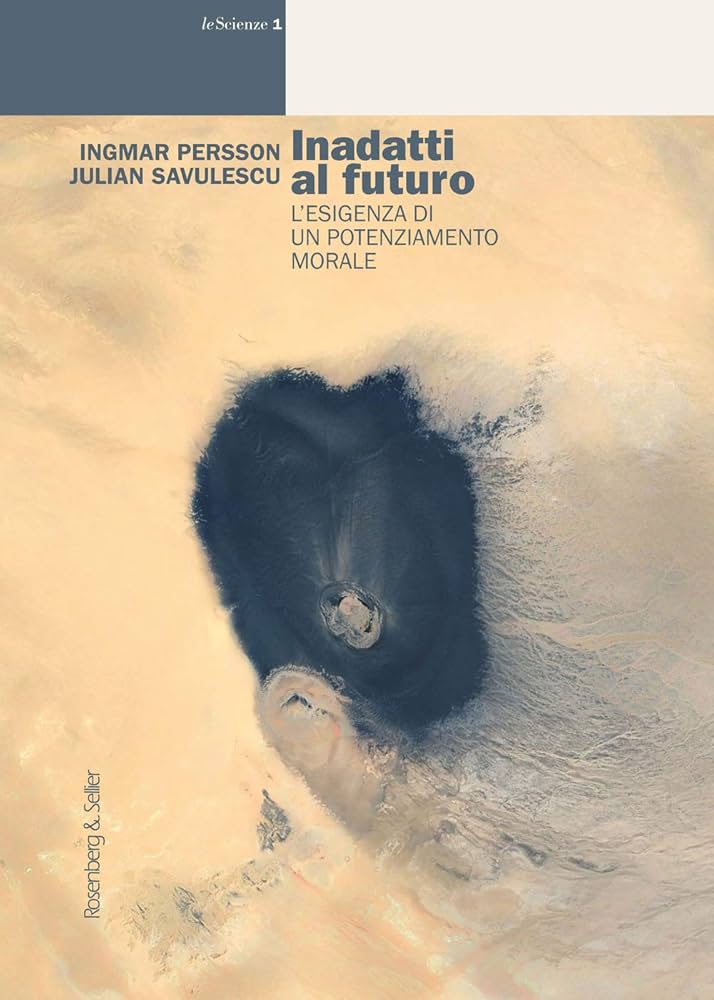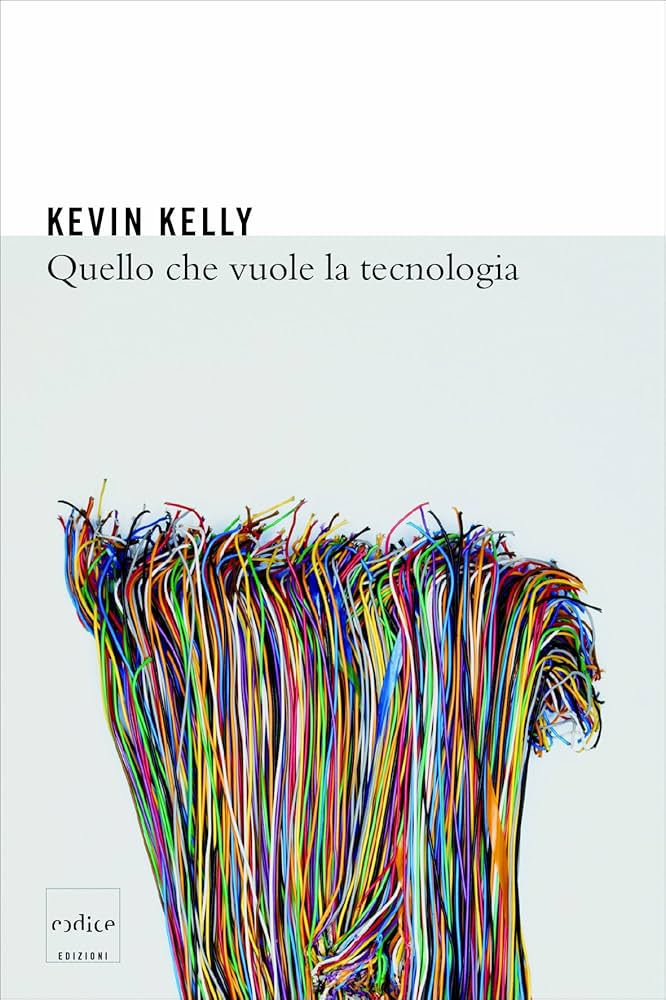Da almeno 2500 i principali saggi dell’umanità, in forme e contesti storici, culturali diversi, invitano tutti noi a realizzare un modello di adulto più saggio, consapevole, etico. Com’è andata?
Che la vera differenza l’ha prodotta quasi sempre il cambiamento tecnologico (in modo diretto o indiretto) facilitando poi il diffondersi di quello culturale, psicologico e sociale, paventato già prima da una inascoltata minoranza saggia.
Questa co-evoluzione ominidi tecnologia, più antica della nostra specie, sta accellerando drasticamente. Approssimandosi parrebbe ad una ibridazione nei prossimi decenni. Un salto a tendere di specie, tutto da comprendere e navigare, affidandoci alla migliore saggezza e intelligenza di cui siamo capaci. Evitando i facili entusiasmi di certo transumanesimo, in particolare le derive estremiste accelarazioniste.
Non pensare solo all’impatto dell’AI, di cui si parla molto oggi, cosidera anche le biotecnologie, le nanotecnologie, la robotica e molto altro.
Per esempio, esperti ipotizzano che i nuovi *farmaci per dimagrire cambieranno a breve un problema psicologico, culturale e sociale che ci trasciniamo da quando si è diffuso il benessere nei paesi sviluppati. La sovrapposizione tra abbondanza alimentare e un corpo-mente evoluti per la soppravvivenza, incapaci mediamente di regolarsi (se tutto va bene siamo sovrappeso, il 46,9% degli adulti in Italia lo è) su cui spesso si inserisce stress e disagio psichico. Che significato individuale e collettivo assumerà l’essere obesi tra 15 anni, quando questi farmaci saranno forse migliorati e diffusi rispetto a l’altro ieri in cui l’unica via di uscita era psicologica e comportamentale con abitudini molto faticose per la maggioranza di noi?
Questo è un esempio di scenario in cui la difficoltà umana di cambiare il proprio modo di funzionare psicologico e comportamentale medio viene aggirato, risolto dalla tecnologia.
Quindi la tecnologia è soluzione di tutto?
Per nulla!
La maggiore potenza e libertà richiede capacità di comprenderla e governarla.
Per essere all’altezza del kairòs attuale e non cadere vittime di noi stessi come specie, dobbiamo investire ancora di più sulla nostra competenza psicologica, relazionale, culturale, etica: serve una “rivoluzione metacognitiva” come ho già scritto tempo fa.
Ma va da sé che se questi farmaci un domani saranno sempre più sicuri dimagrire alla “vecchia maniera”, oltre ad una valutazione dei pro e contro, sarà più una scelta psicologica o spirituale non un obbligo.
Questo tipo di domande aprono lo sguado sullo scenario del futuro “potenziamento” umano, anche morale come discusso nel controverso libro: “Inadatti al futuro“.
*[Nota: questi farmaci sono ancora caratterizzati da effetticollaterali importanti, devono essere prescritti da medici esperti, è in atto un abuso da una certa parte della popolazione, NON suggerisco assolutamente di farne uso, la mia è solo una riflessione sul rapparto tra noi umani e la tecnologia.]



